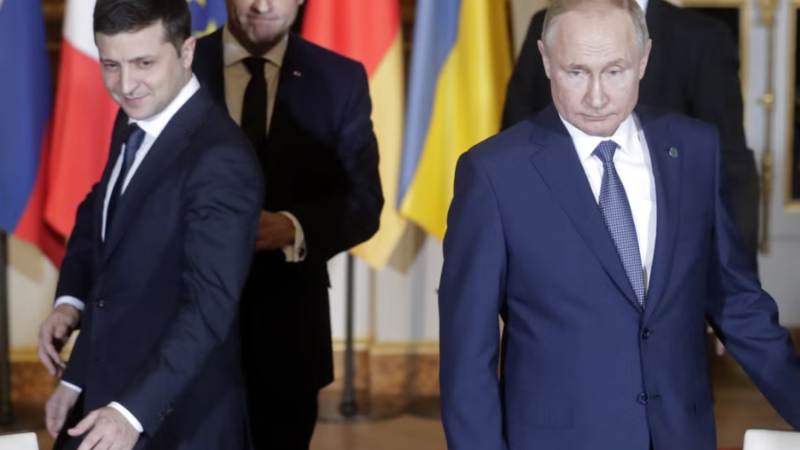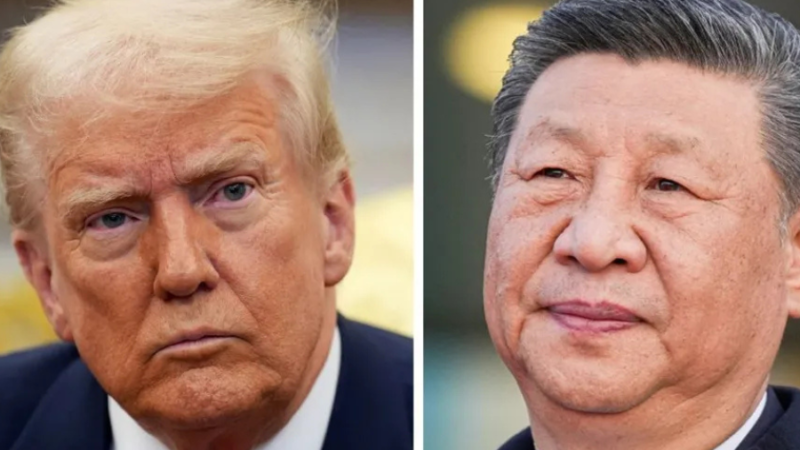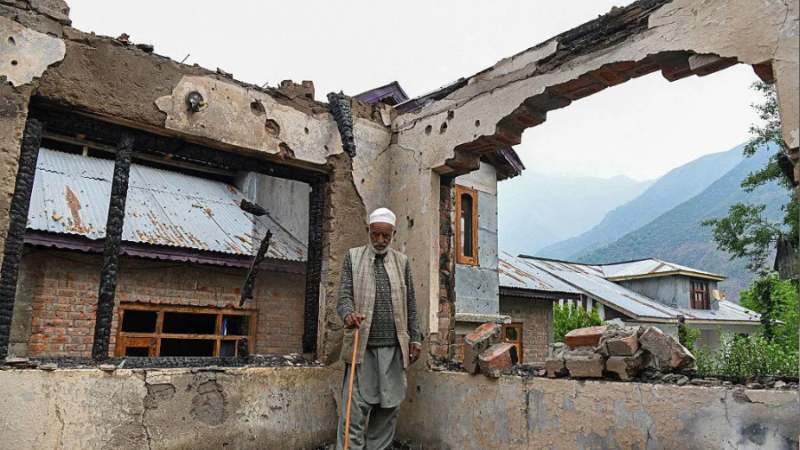Medical Trainees in South Korea Protest Surge in Medical School Admissions

Trainee doctors across major hospitals in South Korea initiated a strike on Wednesday to oppose a government proposal to expand medical school enrollment, causing disruptions in patient care, health authorities confirmed.
The government aims to raise medical school admissions from 3,000 to 5,000 by 2025 and add an additional 10,000 by 2035 to address healthcare needs, particularly in remote regions and amid the challenges of an aging population.
However, protesting doctors and medical students argue that South Korea already has a sufficient number of physicians. They demand improvements in pay and working conditions, particularly for specialists in demanding fields like paediatrics and emergency medicine, before increasing student intake.
Vice Health Minister Park Min-soo urged protesters to prioritise patient care over collective action, emphasising the professional duty of medical practitioners to safeguard public health.
The protests, ongoing since earlier this week, have led to the departure of 7,813 doctors from their duties, defying a government mandate to remain at work, which they assert is unconstitutional.
Hospital emergency rooms are experiencing overcrowding, with major Seoul hospitals cancelling a significant portion of scheduled surgeries due to the walkout, local media reported.
A Gallup Korea poll revealed that 76% of South Koreans support the government’s plan to expand medical student numbers, driven by concerns over staff shortages in critical areas such as paediatrics and emergency units, especially outside the Seoul metropolitan area.
South Korea, with a population of 52 million, will have 2.6 doctors per 1,000 people in 2022, considerably lower than the OECD average of 3.7.
The Korea Interns and Residents Association, comprising protesting doctors, highlighted their demand for improved treatment, including better remuneration. They criticised the government’s plan to boost medical school admissions as a politically motivated move ahead of the upcoming general election in April.
The association underscored their refusal to tolerate medical policies shaped solely for electoral gains, emphasising the unwavering commitment of residents to their hospital duties despite the challenging training environment.






